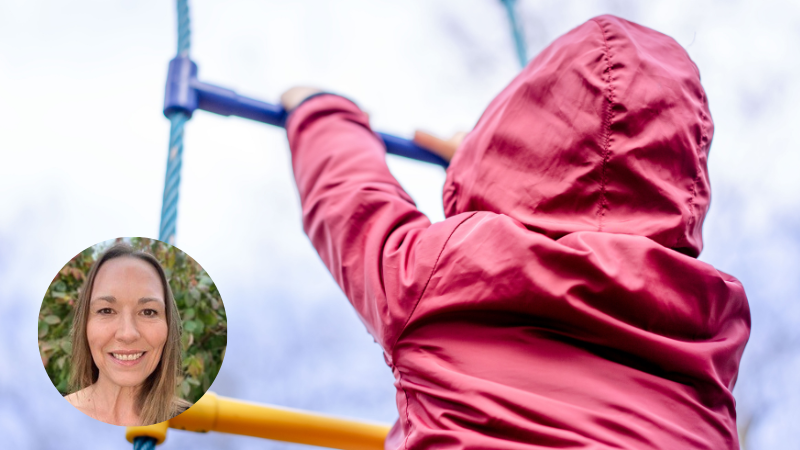Exploring Childhood in Therapy Sessions
By Kirsty Stacey, Counsellor at The Eaves
Have you ever wondered why a therapist explores childhood in therapy sessions?
Some therapists are curious about understanding how a client experienced their childhood as this is the time we unconsciously learn what parts of ourselves are acceptable and what parts are not.
Babies are born helpless and require their caregivers support to survive and thrive. They need their caregivers to be available and responsive to their basic needs of food, warmth, cleanliness, shelter and to nurture emotional connection. Babies need to feel they are the most important person in their caregiver’s world so they can develop and grow emotionally and physically.
If a caregiver is not able to see their child as vulnerable and reliant on them, maybe because they are going through their own mental health struggles, absent, unavailable or emotionally or physically abusive, the infant unconsciously adapts to their surroundings to get their basic needs met.
Here are a few ways babies and infants can adapt to their surroundings:
• If attempts to get attention are not seen or heard, an infant might unconsciously internalise a need to become self-reliant.
• If an infant hears they are a ‘good’ baby because they are quiet and not demanding, they might learn to not ask for anything emotionally, and bury or push to one side any sad, unhappy or vulnerable feelings.
• If a baby’s caregiver is anxious to their needs or on high alert, they might internalise the world is a bad place and there might be something wrong with them. They might believe they are not good enough as they are.
• If a caregiver is vulnerable or needs support, an infant might learn their needs and emotions are not important, so dismiss them and put all their effort into focussing on their caregivers needs.
• If an infant hears judgment or criticism from their caregivers, they might learn their vulnerable feelings and needs are shameful or wrong and might supress those needs to focus on others.
• If a young person hears phrases like ‘what have you got to be stressed about’ this might elicit feelings of uncertainty, and they might feel confused about their own feeling experiences.
If we have disregarded any vulnerable parts of us, they split off and get buried somewhere inside us. They still exist within us but in our unconscious mind and stored in our body. This means we have not learnt how to cope with and manage them.
Unfortunately, we are not built with an internal switch that can be turned on or off when we reach adulthood to enable us to change the behaviours we have unconsciously learnt. The way we adapted to our early surroundings to remain connected to our caregiver, is the way we continue to connect in relationships with friends, partners and peers.
Our feelings and behaviours in adulthood are our ways of coping to what we unconsciously learnt in childhood. Our dysregulated nervous system repeats the same patterns as a way of keeping us safe. This might feel like being unable to cope, feeling angry or wanting to get away from difficult situations (fight or flight), neglecting our own emotions to please other people (fawn) or maybe wanting to isolate ourselves when feelings become too much (freeze). There is nothing wrong with us, it’s just our body responding in the same way as it did when we were an infant.
Exploring your childhood experiences in therapy can lead to valuable insight of how you now attach to those closest to you, make sense of what might be happening internally for you and how you have learnt to manage your life events.
The Eaves Counselling and Psychology
Kirsty Stacey, Counsellor and Psychotherapist at The Eaves, is based at our Farnham practice. To find out more about Kirsty, or to enquire about her latest availability, please visit her profile here
The Eaves Counselling and Psychology Ltd is a select professional body of Counsellors, Psychotherapists and Psychologists, providing high quality psychological care Monday to Saturday between 9am and 9pm from our practices in Guildford, Godalming, Farnham, Haslemere and online.
Find your practitioner in five easy steps
Are you a business owner or would like more support from your job? The Eaves’ own Employee Assistance Programme (EAP) service for small to medium businesses is easy, affordable and gives staff instant access to our large team of in-house Counsellors and Psychologists at a time and date to suit them. Contact us to find out more about our EAP service
If you need immediate support please find our list of useful contacts

